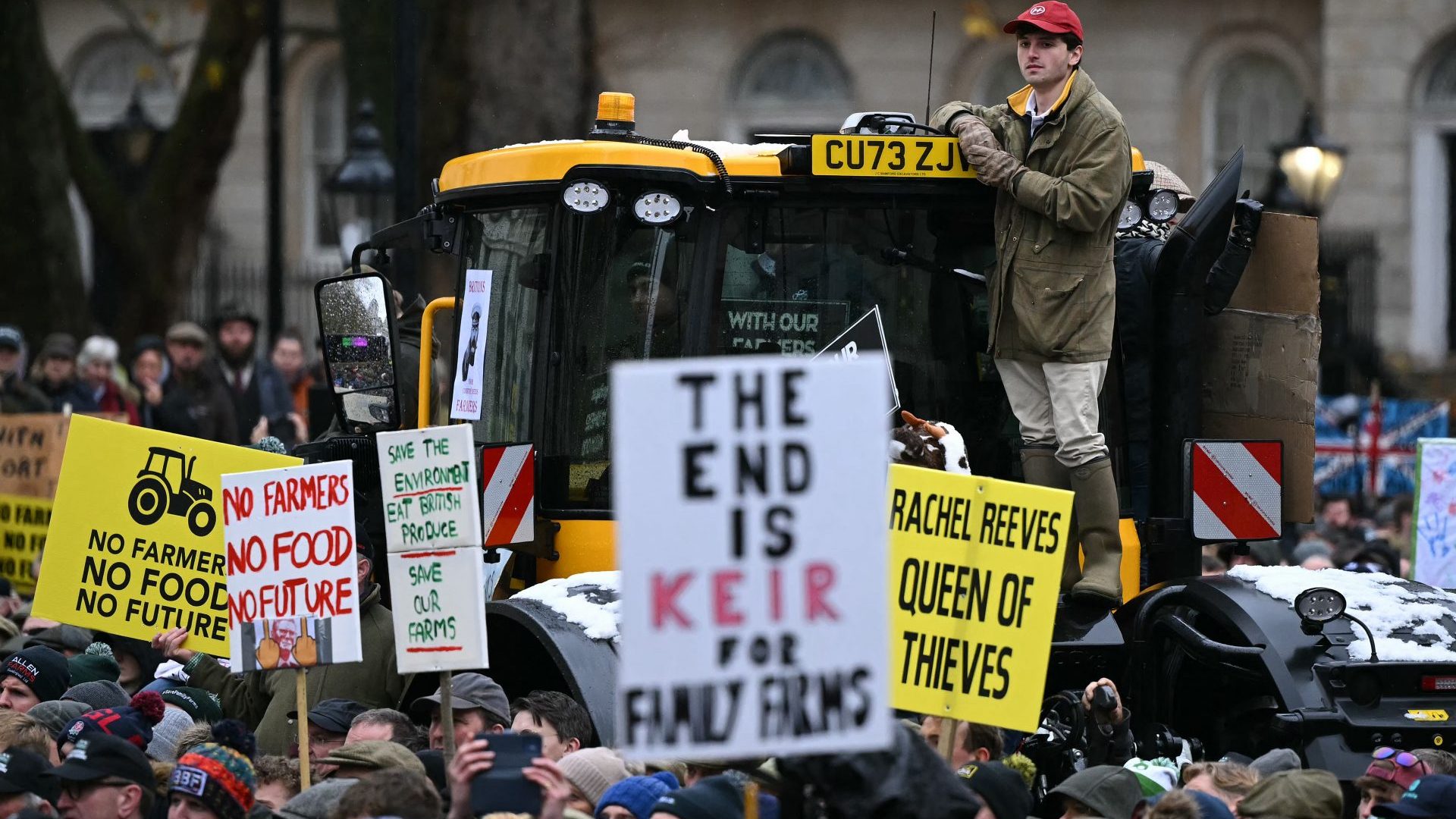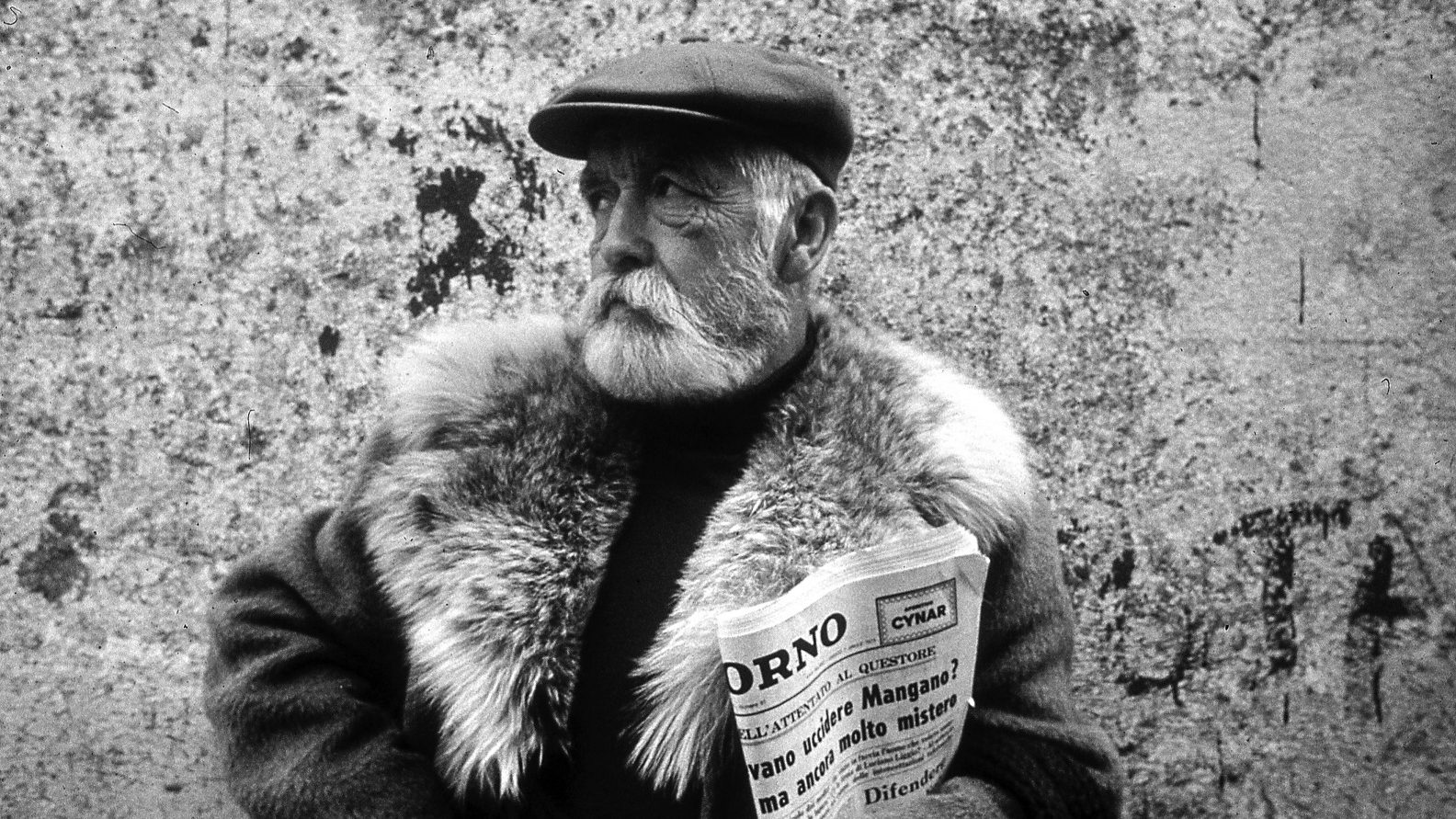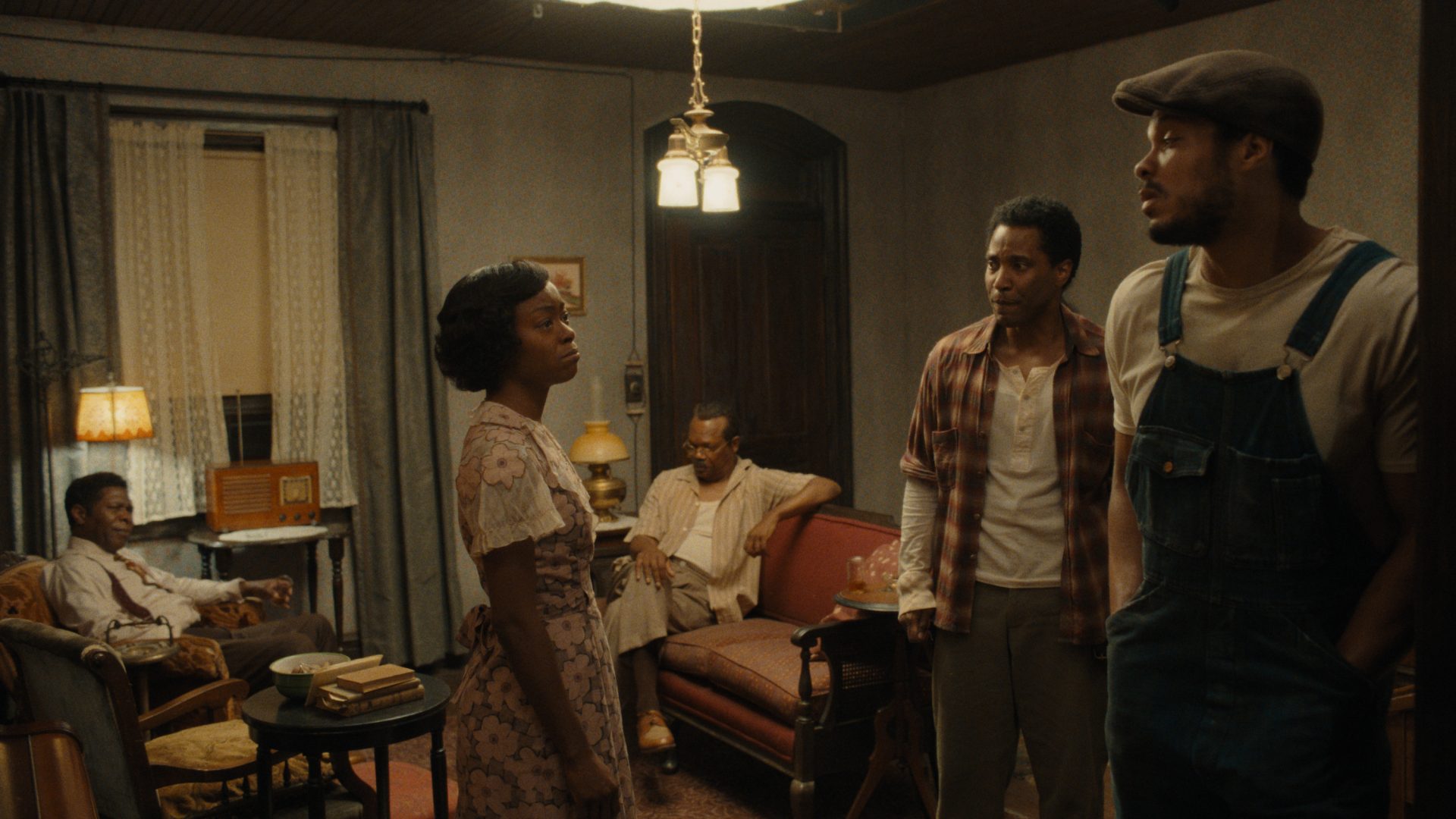What I don’t understand about the farming debate, and politics generally, is why people always jump to pick a side and then sit there blustering. Most of these people probably haven’t ever visited a farm and yet they are apparently qualified to either trumpet a government policy feverishly or denounce it while looking at a picture of Jeremy Clarkson.
Is it not the case that there are farmers, rich and aristocratic, for whom such a tax is justifiable? And are there not countless small-to-medium-sized farms that are rich by land but not by bank balance? Those for whom the prospect of their descendants forking out £500,000-plus in inheritance tax is likely to lead them to have to sell up; for their land to be swallowed by a large corporation intent on the production of cheap and environmentally damaging produce?
There is no doubt whatsoever that ballsy, red-trousered landowners exist. They wear Barbour jackets, Aigle wellies (or Le Chameau, but by God, not Hunter) and drive rusty old Land Rovers over badgers. They drink gin and shoot pheasants and do not want to give the Labour government any more money, or any at all.
And it isn’t just old poshos. As I write this, I’m in the Maldives, at a luxury resort called Ozen – I was invited, to be clear – and also staying here are two Essex-sounding farmers who clearly have a few quid. At breakfast earlier they were banging on about flying business class.
But there is a great deal of hardship in the countryside, farmers included. It’s one of the toughest jobs in the country: they work the land to feed us, up early, out in the fields, having to Airbnb their barns – if they can get a loan from the bank – to make a pinch of money because Tesco isn’t paying enough for milk.
I really don’t think people in suburban semis should be tweeting their disdain for the rural community anyway. We are all having to pay more tax to make the country work, but it does appear that farmers are in line to bear a heftier load than most, relatively speaking.
What was striking last week was seeing all these tractors driving through London. And seeing people conflate Barbour jackets with the far right, which is ridiculous. Not everyone who wears Fred Perry is a racist, for example, just as not everyone who wears Stone Island is Danny Dyer.
Almost always, the side Nigel Farage is on is the wrong one, but this might be the exception. It is a little more nuanced than you will read on social media, and people must calm down.
More than anything, I think the juxtaposition of a tractor in a city, a rare and blazing sight, is an alarming wake-up call: there is too broad a disconnect between consumer and producer; too wide a gap between everyday Middle England town dweller and those who drink real ale in Oxfordshire pubs and wave rabbits around in Yorkshire. A firmer togetherness is required here – we need to forge and foster keener relationships between rural life and the city.
Writing about food means I meet a lot of farmers. I was talking to Richard Corrigan, the son of one, recently and he said he is going to try to better connect farmers and consumers through restaurants. They are, after all, the middle ground: the best of what we grow and husband in Britain ends up in restaurants.
Last Tuesday, he offered agricultural workers 50% off at Corrigan’s Mayfair in solidarity with those protesting. Because just as few people ever visit farms, most farmers don’t tend to hang out in Mayfair eating scallops.
Other farmer-cum-restaurateurs exist and are worth listening to:
try Tommy Banks, a chef from a Yorkshire farming family who works incredibly hard to educate and facilitate while running a Michelin-star restaurant.
When was the last time you went to a farm? Walked through a field? Talked to someone who gets up at 5am every day to milk their herd? You would not be eating your roast dinner without them and yet they are ignored until they roll into Downing Street on a combine harvester behind a man who used to drive cars around on the telly.
I appreciate that I appear to be wholly on the side of farmers here. Let it be known, I do not understand taxation, or Keir Starmer, and so I am not coming out as “for” or “against”.
What I am saying is that people need to get out to farms and to actually meet people who live and work in the countryside. Bridge the divide. Don’t worry, you can wear your Hunter wellies.




